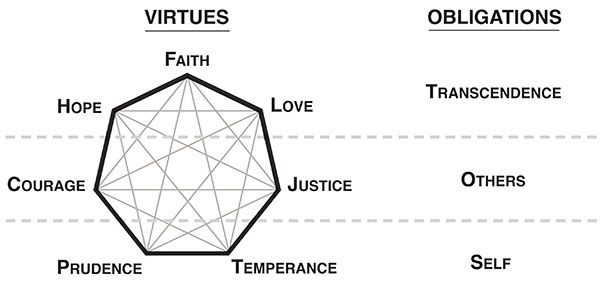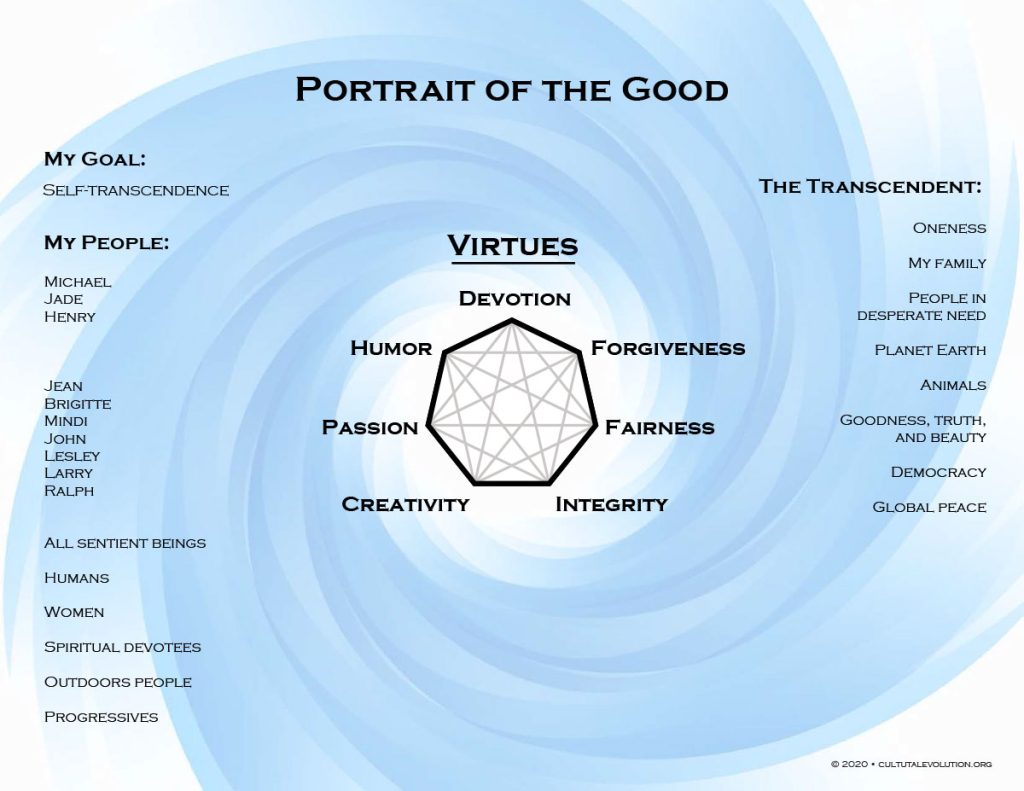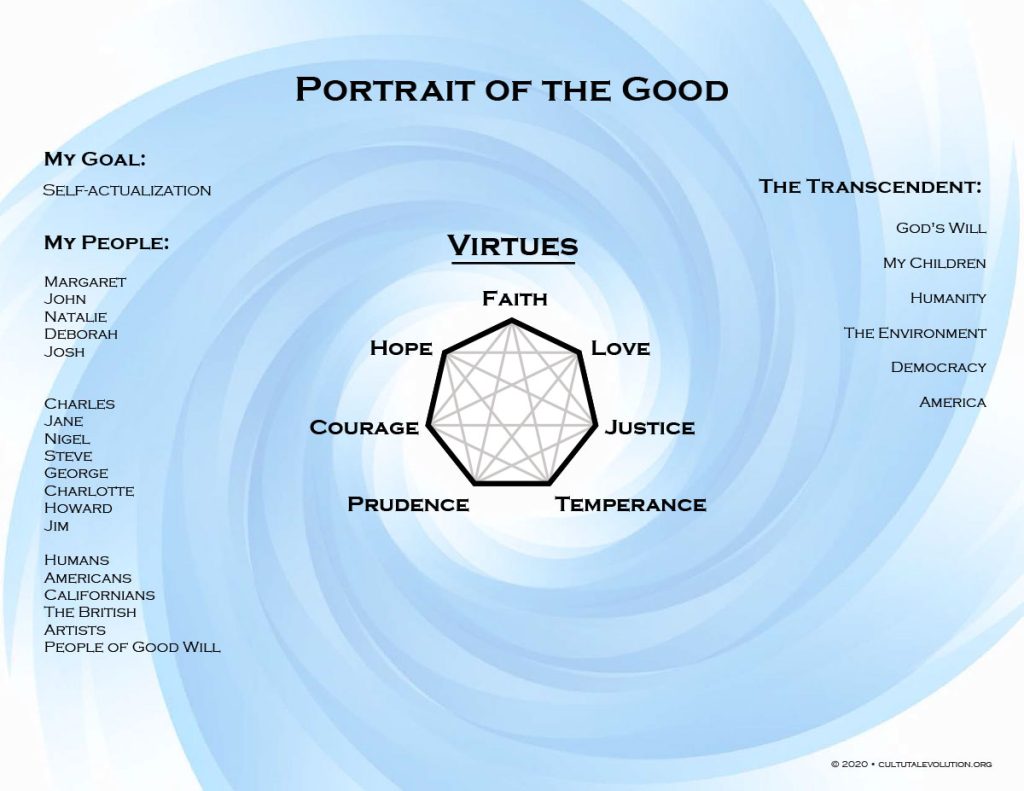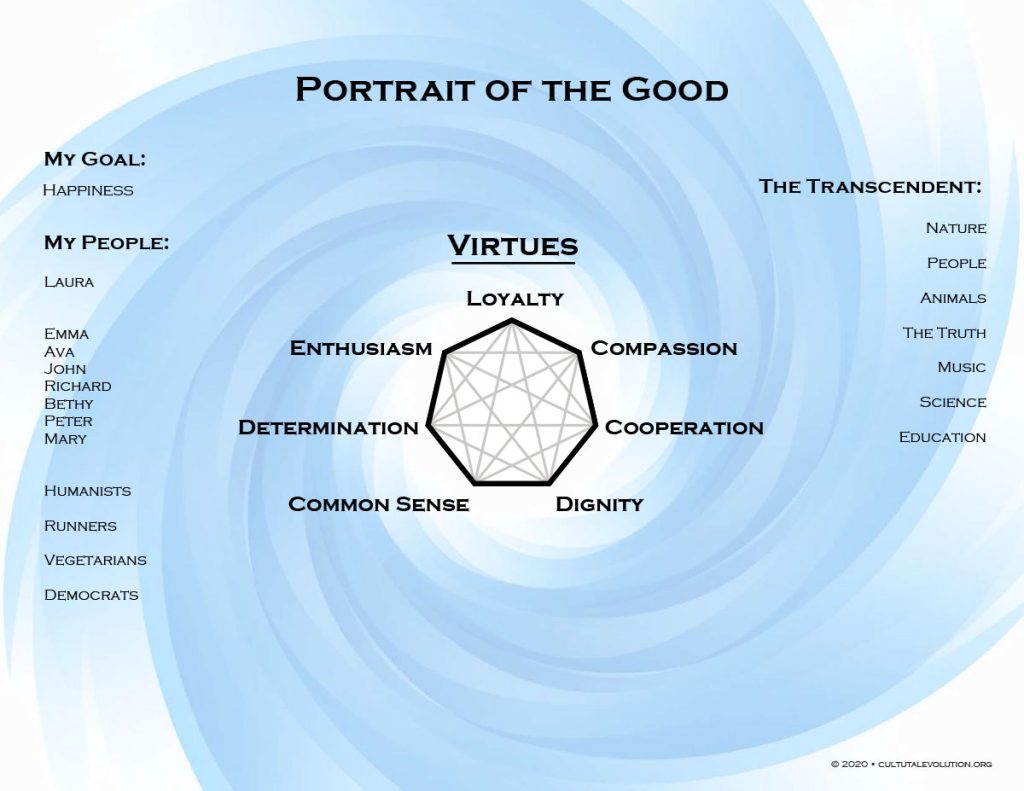 The perceived need for a restoration of competitive nationalism was a significant factor that led to the election of Donald Trump. Beyond economic protectionism, Trump’s voters signaled their aspirations for a revitalized form of American patriotism. While history may prove that Trump was the wrong choice for president, the electorate’s larger choice to reemphasize nationalism cannot be so easily dismissed as completely mistaken. In this brief essay, ICE president Steve McIntosh considers nationalism from an integral perspective, highlighting some of its positive and enduring features that all Americans would do well to endorse.
The perceived need for a restoration of competitive nationalism was a significant factor that led to the election of Donald Trump. Beyond economic protectionism, Trump’s voters signaled their aspirations for a revitalized form of American patriotism. While history may prove that Trump was the wrong choice for president, the electorate’s larger choice to reemphasize nationalism cannot be so easily dismissed as completely mistaken. In this brief essay, ICE president Steve McIntosh considers nationalism from an integral perspective, highlighting some of its positive and enduring features that all Americans would do well to endorse.
He argues that while nationalism and globalism may often seem to be at odds, the reciprocally intertwined nature of these levels of political development points to their relationship as an interdependent polarity—a relatively permanent dynamic system that, if managed well, can produce ongoing positive social evolution. According to McIntosh, when faced with an interdependent polarity like nationalism-globalism, the best way to forward the values of our preferred pole is to actually affirm the foundational values of the pole we oppose.
In the days ahead, Jeff Salzman, host of the Daily Evolver podcast, will be posting an interview of Steve about this new essay.






“Re: Steve McIntosh’s essay on nationalism and globalism. I usually find SM’s take on cultural issues enlightening. Not this time. The essay is very disappointing. No definition of ‘nationalism’ or ‘globalism,’ rendering the chart comparing the two just about useless. To be blunt, there is almost nothing good to say about nationalism, usually understood as an attitude of positive regard towards one’s own nation-state to the exclusion of others. Expressed in a fan’s rooting for a country’s team in the Olympics, nationalism is harmless enough, I suppose. But in any form – moderate to extreme, nationalism is irrational; or as integralists prefer to say, prerational. It is a form of ethnocentrism, by definition narrow and exclusive, too easily given to hostility towards other nations and ethnicities, often tainted by racism and/or religious bias.
Nationalism today is particularly irrational since most nation states are multicultural. What exactly is the national identity of a Caucasian citizen of the United States, a Muslim immigrant, a Latino, a Member of the (black) Nation of Islam, a Trump voter who yearns for the return of the Confederacy? National identity is a delusion.
If globalism (undefined, recall) means more than global integration of communication and banking systems and regional trade deals – what I call ‘globalization’ – if it means instead a postmodern embrace of the entire planet and its inhabitants as the ultimate locus of ethical concern, then nationalism and globalism are not an “interdependent polarity.” Their relationship is hierarchical, as any integralist of SM’s stature should realize. Globalism in this sense transcends nationalism but, of course, includes it in the way all postmodern phenomena include the modern. That is not interdependence. Nationalism can thrive quite nicely without globalism, as the current upsurge in right-wing populism worldwide demonstrates. But the reverse is not true. Globalism requires nationalism as the earlier stage out of which it has itself developed. It includes by accepting the stage structure of the nation state (LR quadrant) but rejects the exclusionary, ethnocentric psychology (UL) and culture (LL) that it inevitably produces among developing human beings.
At its worst, nationalism is a political ideology that, as philosopher A.C. Grayling observes, “is a recipe for disaster…..of more use to demagogues and separatists than anyone else.”
Thanks for commenting Charles. It’s worth saying that most interdependent polarities consist of a higher level and a lower level. Each one mirrors a “part and whole” motif. So obviously, the whole is on a higher level than the part, just as globalism constitutes a higher level than nationalism. Indeed, this ubiquitous polar pattern in evolution itself mirrors the primordial polarity of infinite and finite.
As far as definitions go, when not defined, the terms I use in my writing rely on the dictionary definition, which in this case is as follows:
Globalism: the attitude or policy of placing the interests of the entire world above those of individual nations.
Nationalism: devotion and loyalty to one’s own country; patriotism.
This is the bigger picture I’ve been waiting for. Thank you!